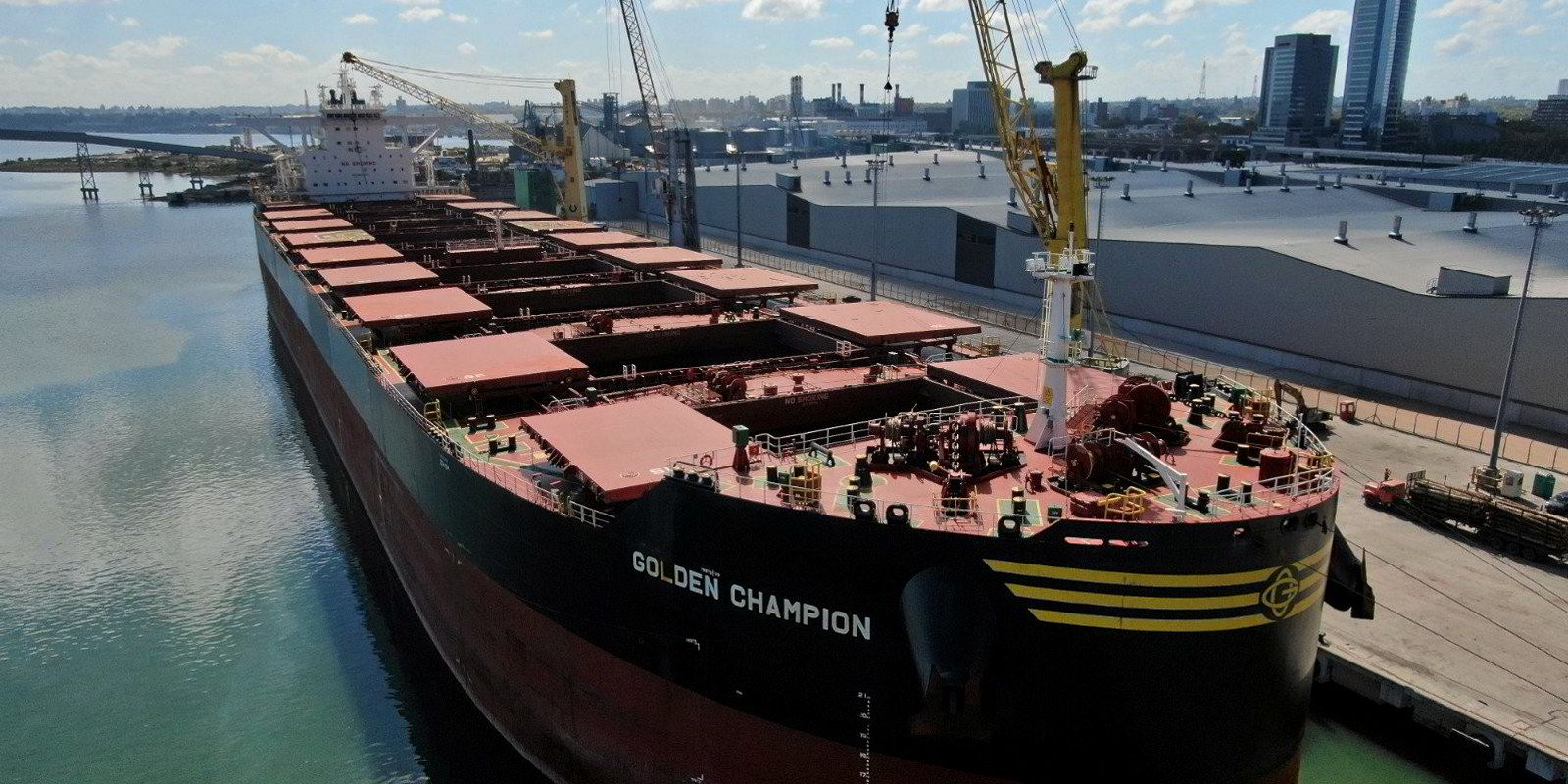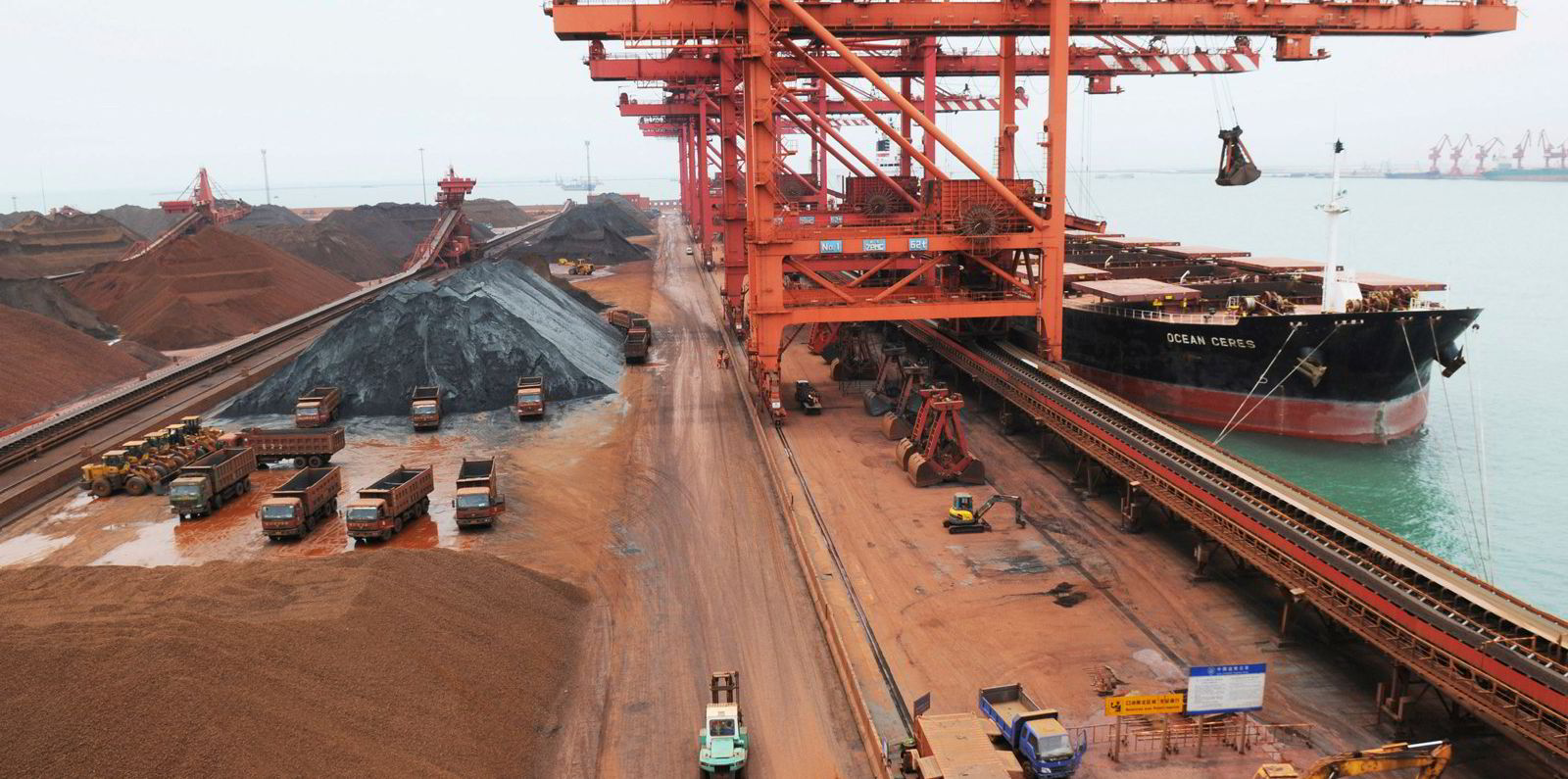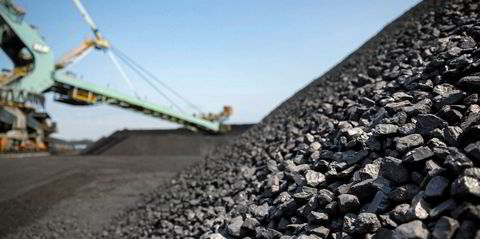After three months of being neutral on the stock, Clarksons Securities has upgraded Golden Ocean’s shares back to a ‘buy’ rating.
The upgrade followed shortly after the Oslo- and Nasdaq-listed bulker owner announced second-quarter results that comfortably beat analysts’ consensus estimates.
In a note titled “As strong as iron” on Thursday, equities analysts at Clarksons Securities said that Golden Ocean’s risk-to-reward ratio remains “appealing”.
The investment bank has set a target price of NOK 125 ($12.90) for the stock, which closed on the Oslo Stock Exchange on Thursday at NOK 104.25. This is 2.26% higher than on Wednesday’s close.
Clarksons estimates that Golden Ocean’'s shares are currently trading at net asset value (NAV).
“We estimate that capesize one-year time-charter rates would need to average $20,000 per day to sustain current ship values, which we believe is realistic given the outlook above (our 2023 forecast is $22,000 per day),” said the analyst team, which is led by managing director Frode Morkedal.
“Clearly, there is some risk that the market will remain sluggish for longer than projected, but ship values should be buffered by elevated newbuild prices, where the overall backlog at shipyards indicates considerably greater pricing stability.”
Golden Ocean warrants a premium valuation due to the strength of its balance sheet, which has a net loan-to-value ratio of just 36%, Clarksons said. Golden Ocean’s eco-type and scrubber-fitted vessels also mean the fleet is able to earn premiums to the going market rates.
Clarksons estimates that Golden Ocean’s stock is trading at a price-to-earnings ratio of 6.8 times the bank’s 2023 rate estimates.
“We estimate that non-eco capes could fall to $13,500 per day in 2023 while maintaining a price-to-earnings ratio of 10 times,” the analysts said in the note.
More widely, Clarksons Securities said it has a positive, “glass half full” view of the dry cargo market because port congestion in China has normalised and there will be limited supply of further vessels to spot markets.
“We anticipate that China could expand economic stimulus, resulting in increasing raw material imports. Autumn is a good season for dry cargo, mainly because iron ore exports from Brazil increase,” the team said in the note.
“Looking ahead, the order book is quite low, and we expect net-zero fleet growth in 2023, assuming that ship speeds are reduced to satisfy emissions requirements. Even with sluggish global growth expected next year, we believe the situation for dry bulk is not that bad.”






